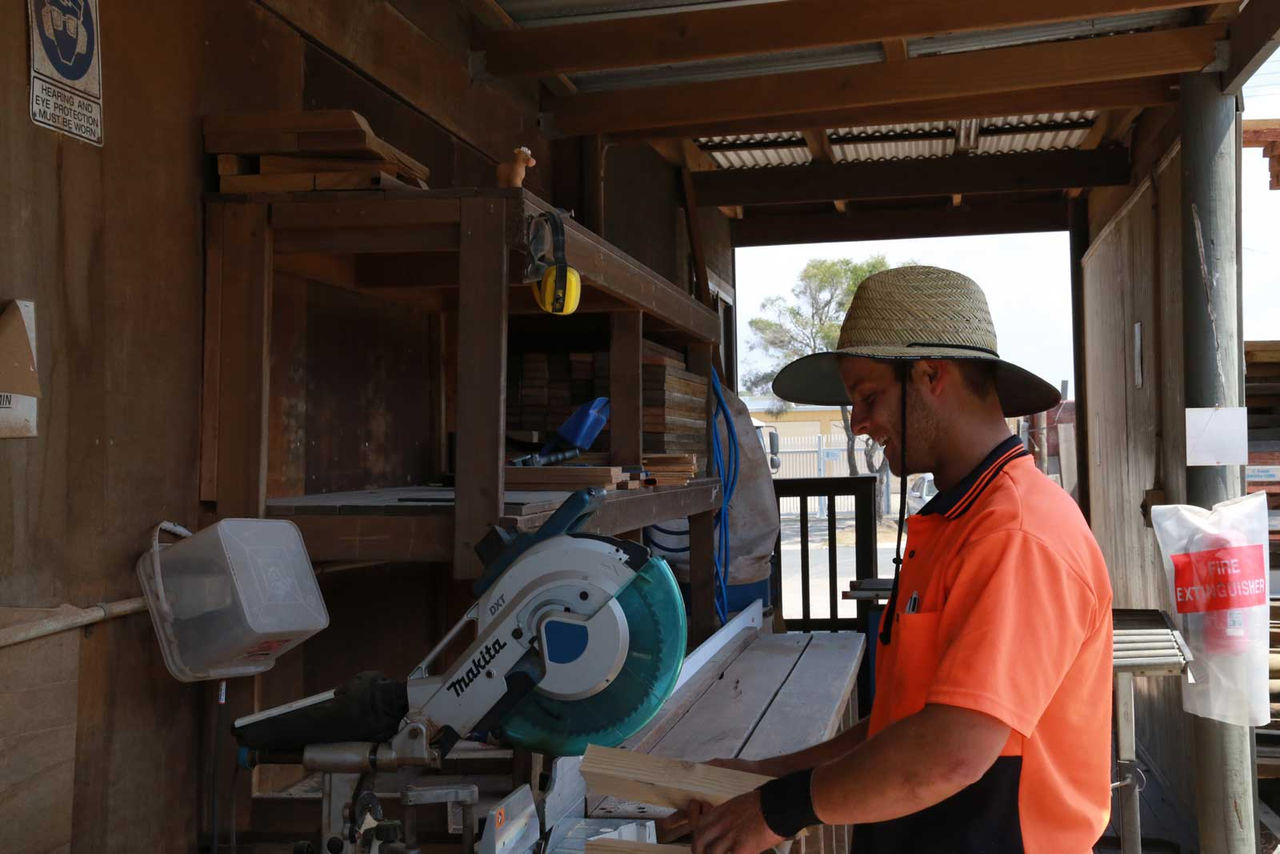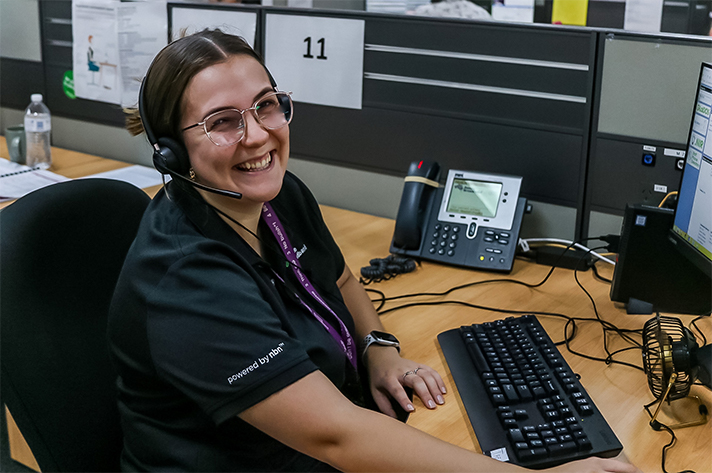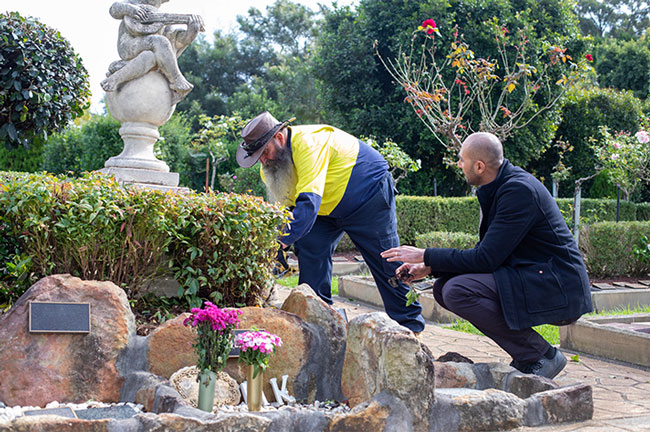Why are interpersonal skills important when looking for work?
Published by MAXSolutions on April 30, 2023

If you're looking for a job, remember that you have a lot to offer potential employers! Developing strong interpersonal skills can make you an attractive candidate. Interpersonal skills include things like active listening and effective communication.
Employers love people who have these skills because they show that you can work well with others.
In fact, many employers consider interpersonal skills to be just as important as technical skills!
So don't get discouraged, focus on building your interpersonal skills and highlighting them in your job search. With your positive attitude and great interpersonal skills, you'll be sure to find the right job for you.
Understanding interpersonal skills in the workplace
In today's workplace, working with others is crucial to getting the job done. That's why strong interpersonal skills are highly valued by employers.
Positions like retail assistants and secretaries all highlight the importance of strong communication and coordination abilities. These skills are important for internal team collaboration and working well with different departments.
Building strong relationships with colleagues can also help you receive support and assistance when you need it, as well as increase your chances of job promotion.
Examples of interpersonal skills
Verbal Communication
To communicate effectively, it is crucial to use clear, confident, and appropriate language.
Use formal language during meetings and presentations and avoid using complex or technical terms when communicating with people.
If you need to clarify information, ask questions to ensure everyone is on the same page.
Active Listening
Active listening is an essential skill that enables you to fully understand what someone is saying.
To actively listen, focus your attention on the speaker, maintain eye contact, and avoid distractions. This skill will allow you to comprehend information or instructions given by your colleagues or managers, prevent misunderstandings, and encourage collaboration.
Body Language
Your nonverbal communication is just as important as your words. Using open body language, such as nodding, maintaining eye contact, and smiling, will create a more positive and trustworthy environment.
In contrast, closed body language, such as crossing your arms, can convey a negative impression.
Empathy
Showing empathy is an essential part of effective communication. It can help build trust, boost morale, and prevent misunderstandings among employees.
By putting yourself in your colleague's shoes, you can better understand their perspective and respond in a way that is respectful and compassionate.
Conflict Resolution
Conflict is inevitable in any workplace, but how you handle it can make all the difference. Good conflict resolution skills can lead to a more positive and collaborative work environment and earn you the respect and trust of your colleagues.
To resolve conflicts, listen to all parties involved, remain calm, and find a mutually beneficial solution.
Teamwork
Effective teamwork can lead to increased work efficiency, better outcomes, and a more positive work environment.
To foster good teamwork, offer help to your colleagues when needed, seek feedback and ideas, and encourage open and optimistic communication. Remember, everyone in the team has a role to play, and each member's contribution is valuable.
Share
Tags
Found this useful?
Help and advice
Our blogs are about helping people seek the information that they need for their steps in the workforce.




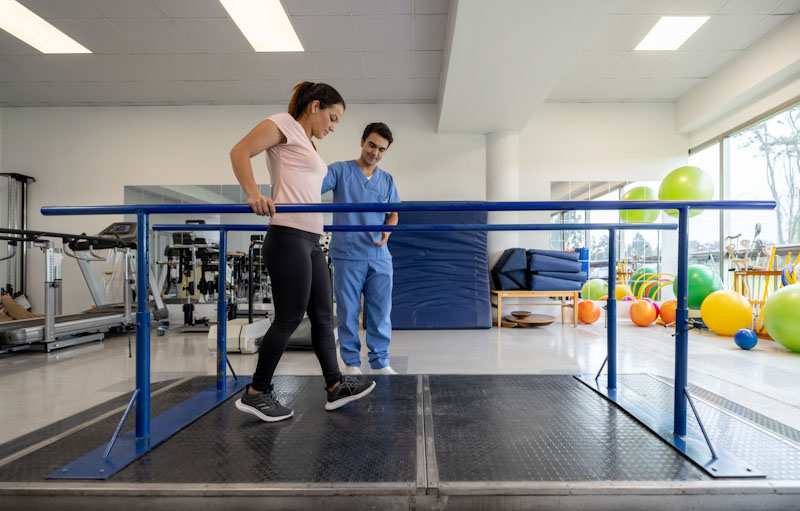
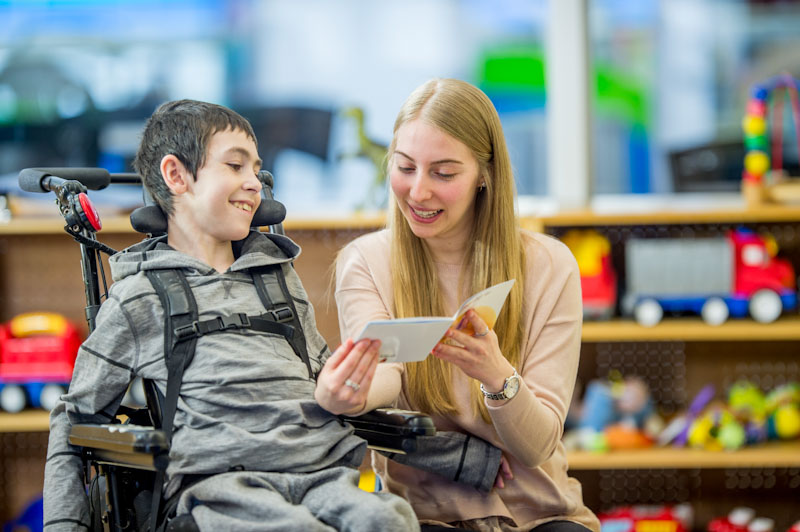








_1.jpg)


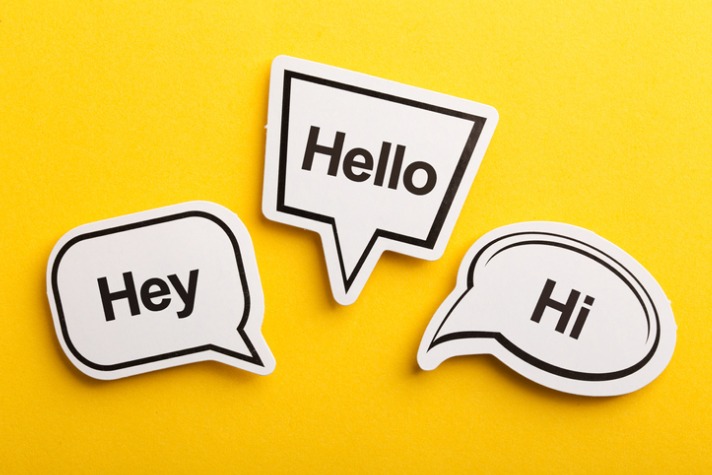

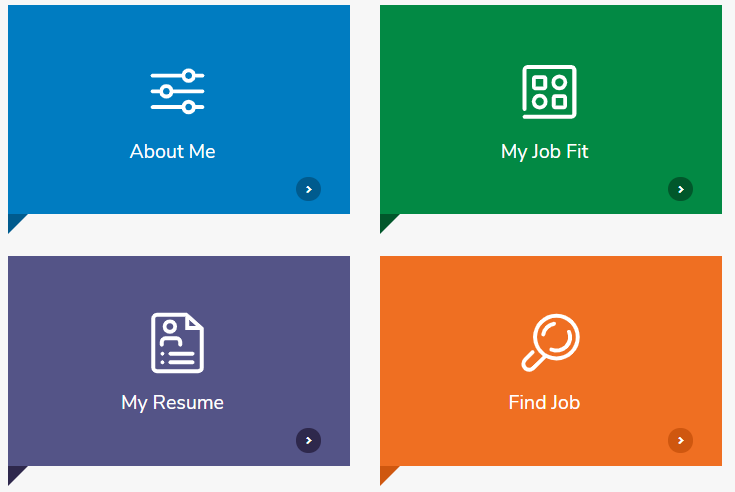



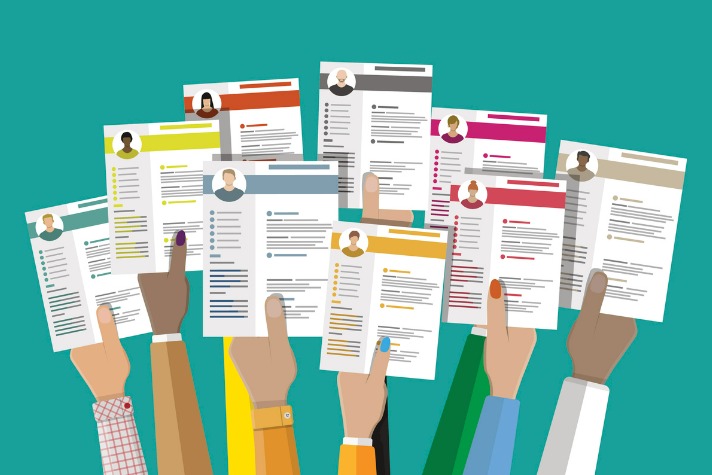




















.jpeg)
